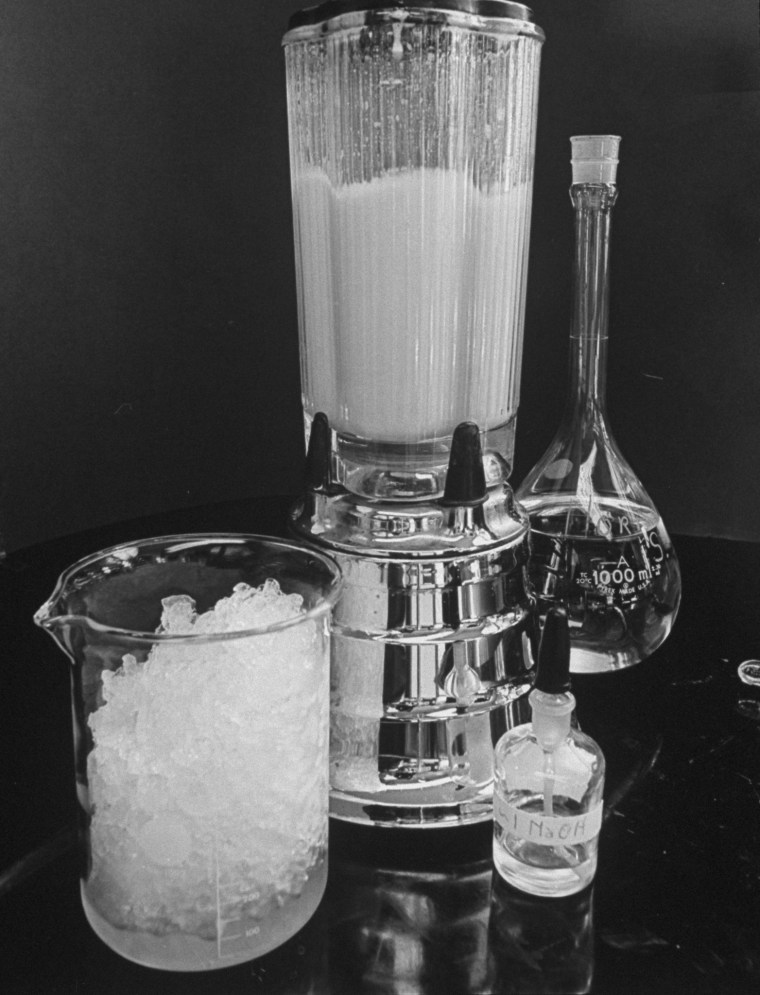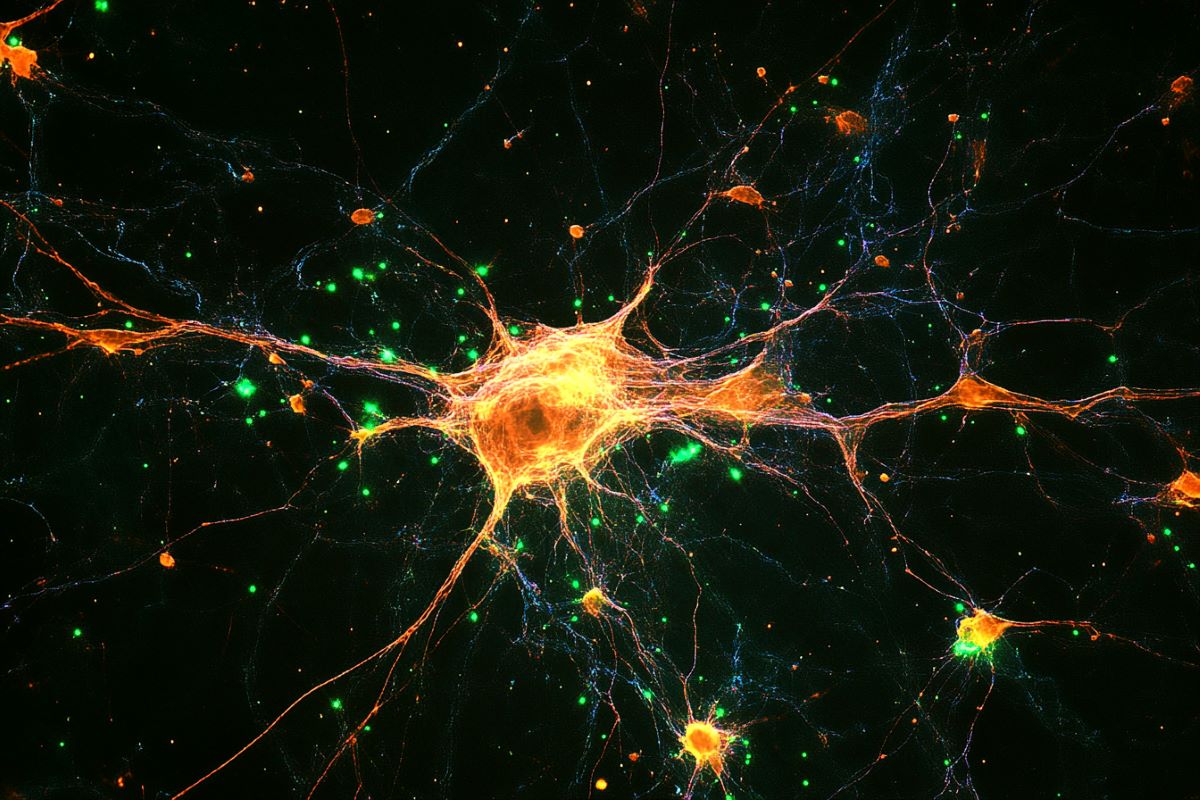A new study has found that five patients in the United Kingdom developed Alzheimer’s disease as a result of contaminated injections they received as children, raising concerns among patients who underwent the same therapy. These patients received injections of human growth hormone from cadavers to treat very short stature, and it was discovered that the hormone was contaminated with amyloid-beta protein, which is known to be involved in the formation of brain plaques in Alzheimer’s disease. The patients developed dementia symptoms between ages 38 and 55, which does not fit into the traditional categories of Alzheimer’s cases. Doctors and researchers are paying attention to these findings, noting the potential risk for Alzheimer’s in patients who received cadaver-derived hormones. Despite this, it is important to understand that Alzheimer’s disease is not contagious, and the risk of transmission through the use of contaminated medical products is very low. Patients who have concerns are encouraged to seek out testing and treatment if needed. The study also suggests that children being treated for short stature today are not at risk, as synthetic growth hormone has been used since 1985, and U.S. manufacturers developed safer methods to purify cadaver-derived human growth hormone in 1977 to reduce the risk of contamination. It is also important to note that the risk of transmitting amyloid protein through blood transfusions or organ donations is not fully understood.
If you have further concerns, patients treated with cadaver-derived human growth hormone in the U.S. can call the National Institute of Diabetes and Digestive and Kidney Diseases at 1-800-860-8747 or email healthinfo@niddk.nih.gov. Patients treated in the U.K. can email the National Prion Clinic at uclh.prion.help@nhs.net.
The link between cadaver-derived human growth hormone and Alzheimer’s disease found in five rare cases, according to a study












